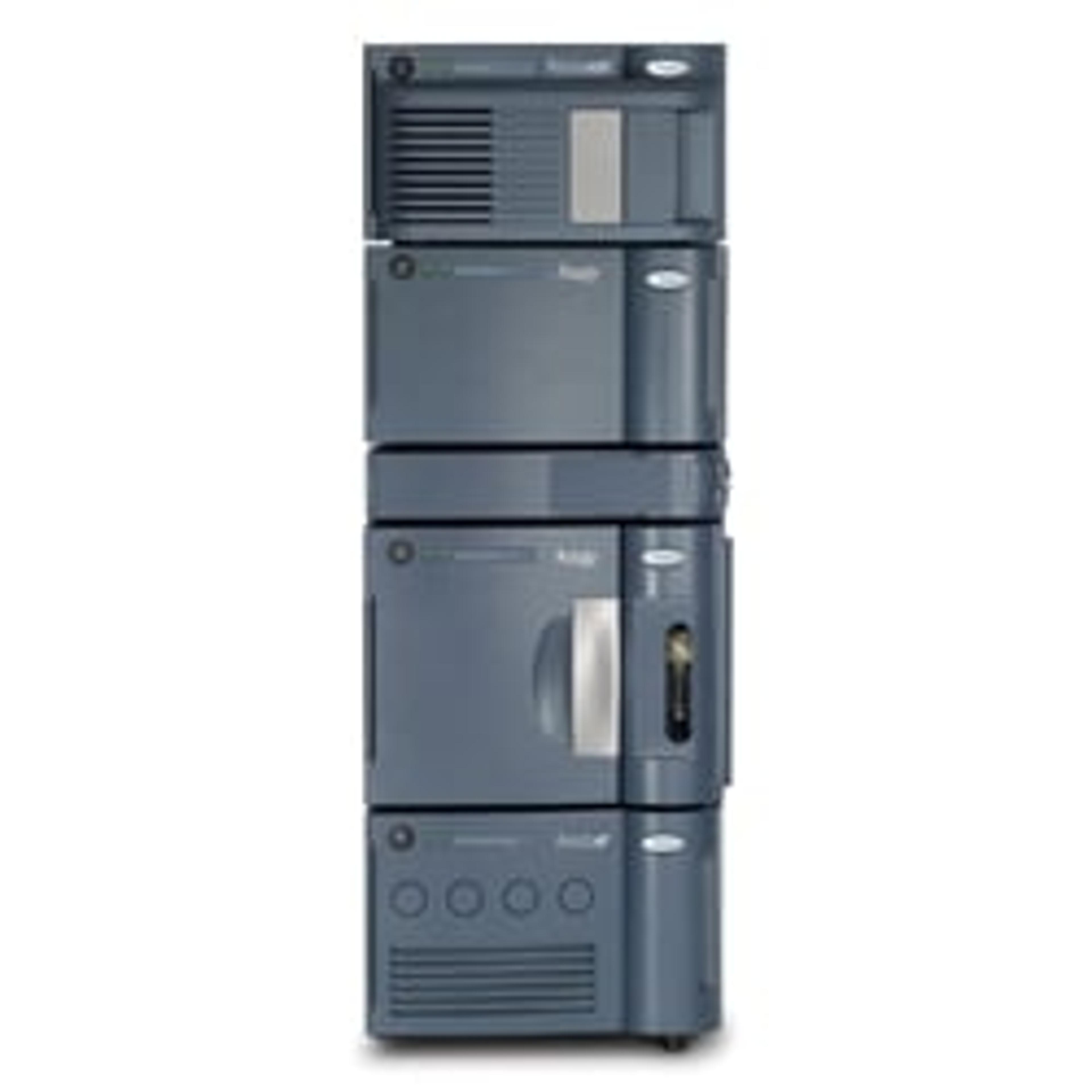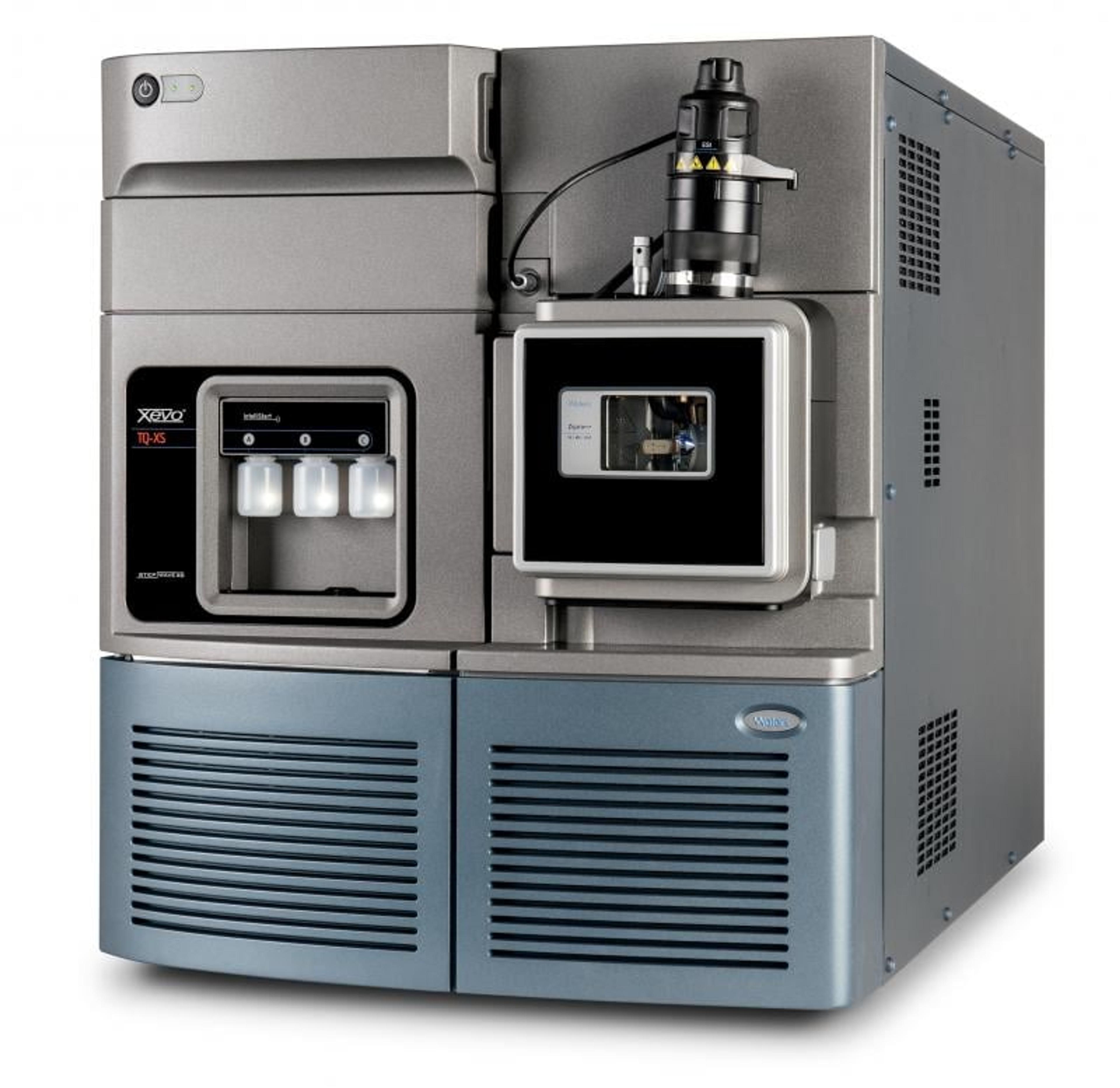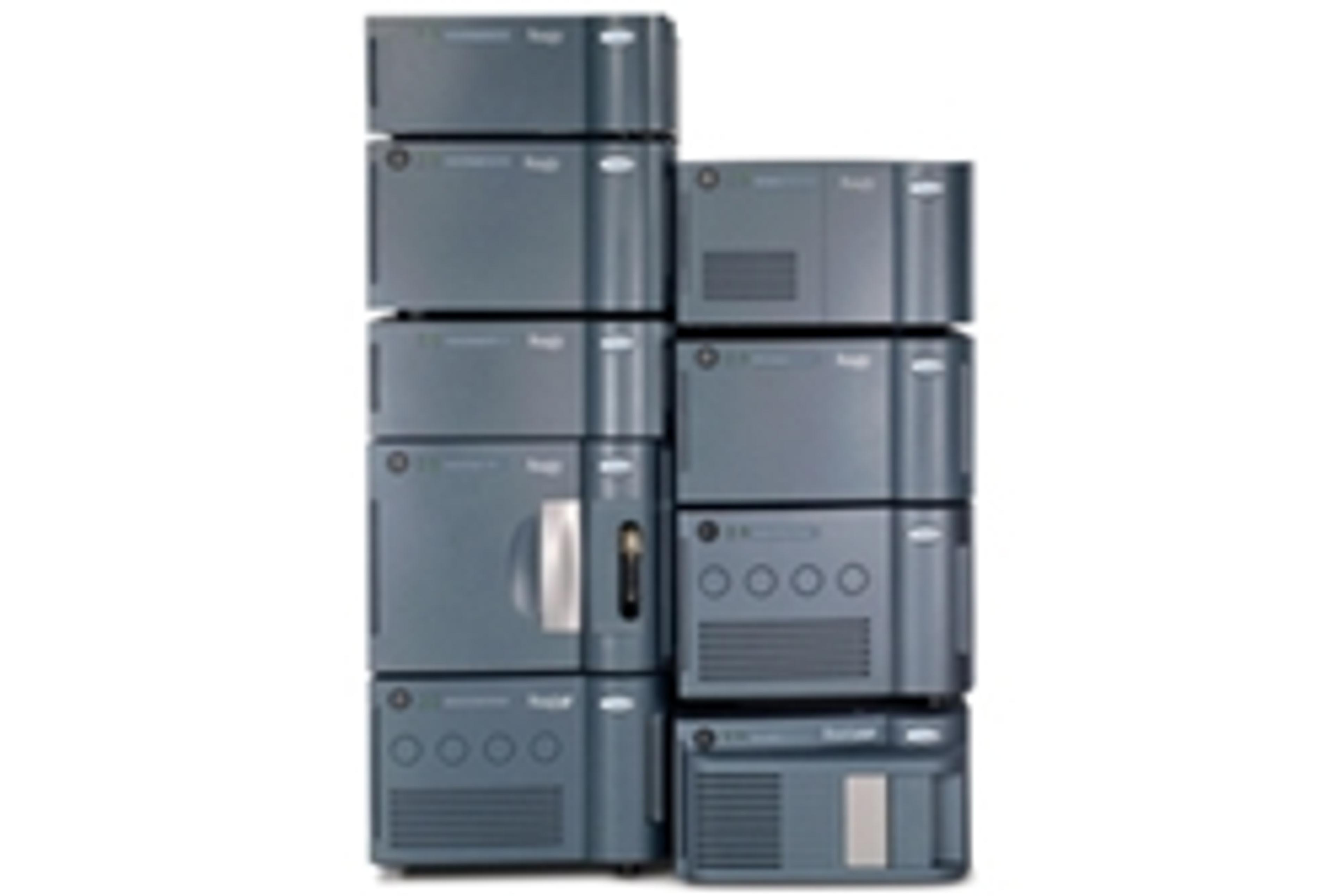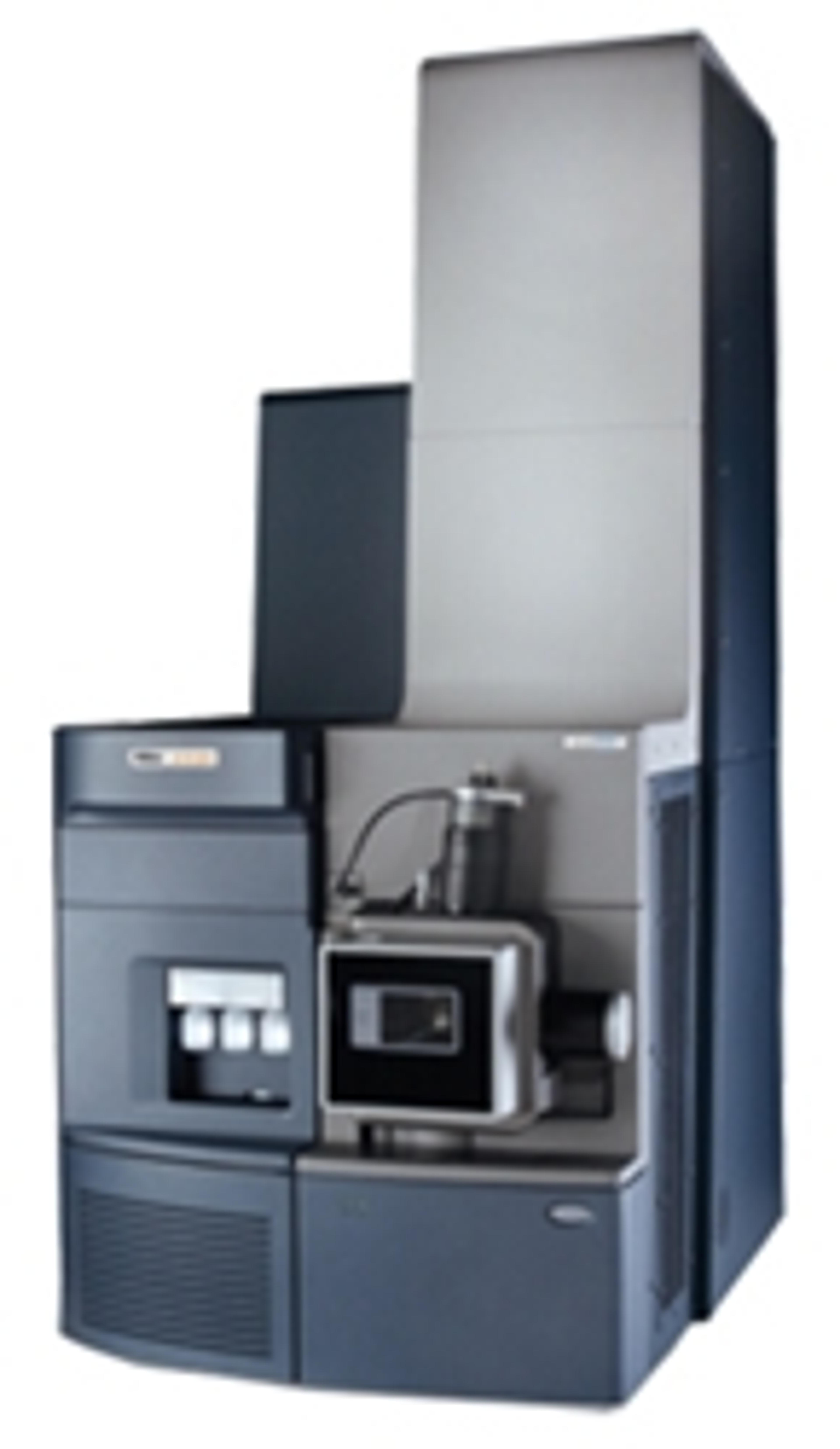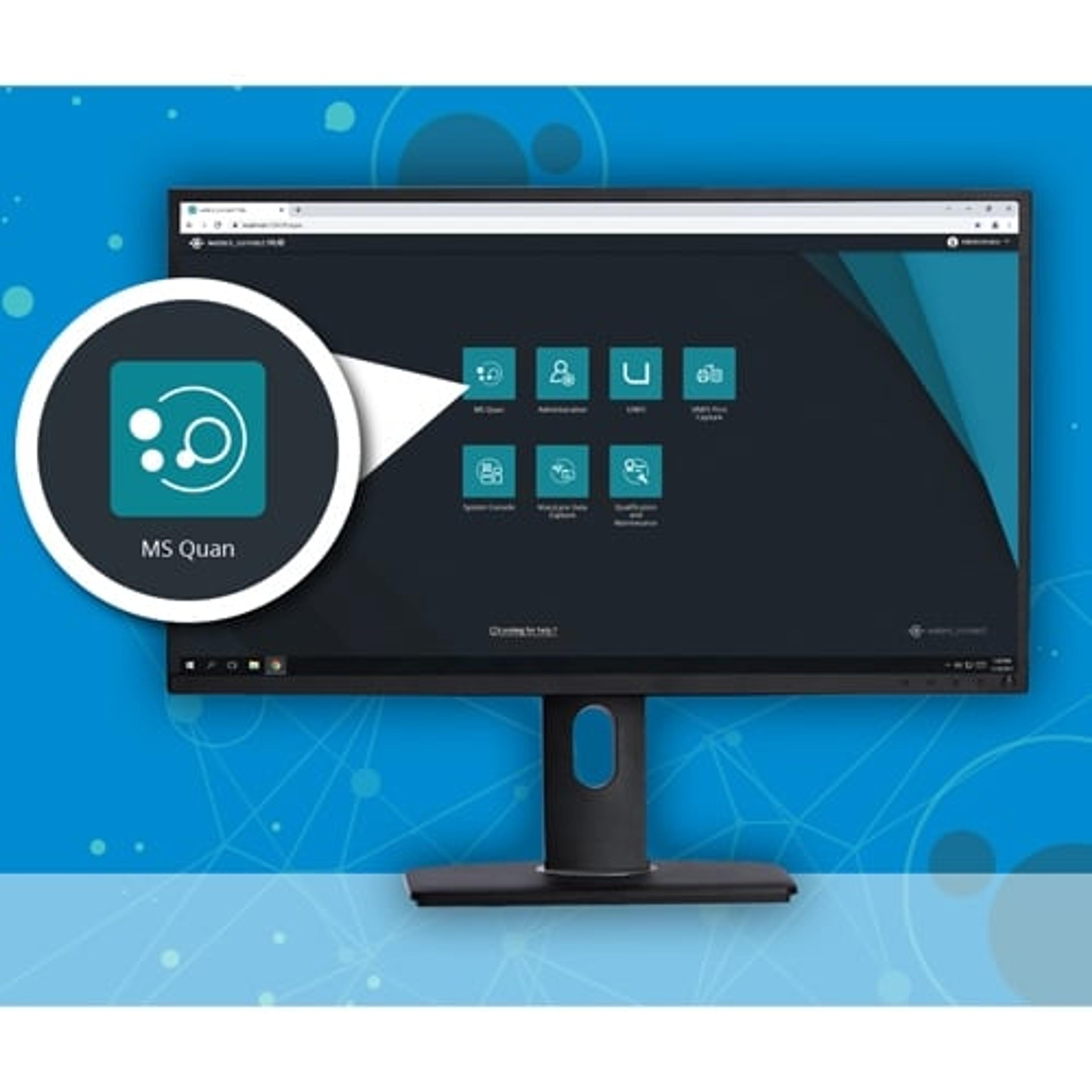RASID lab sets new standard for wastewater-based health surveillance
Scientists from Abu Dhabi’s RASID lab provide an insider’s look at the high-throughput wastewater analysis facility
24 Mar 2025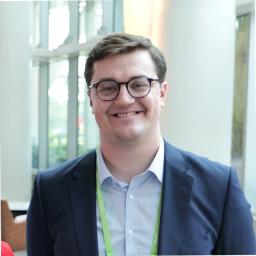
Wastewater-based epidemiology (WBE) is a powerful tool for monitoring public health. It provides a near-real-time way to track the spread of infectious diseases, detect emerging pathogens, and assess community-wide exposure to drugs, pharmaceuticals, and environmental pollutants. However, traditional WBE programs have been constrained by outdated methodologies that require extensive, labor-intensive sample preparation, often demanding large sample volumes and significant solvent use.
In Abu Dhabi, the newly established RASID laboratory of ADQCC and M42 Health is transforming this approach. By integrating innovative analytical instruments with fully automated sample extraction and AI-driven data analysis, RASID is setting a new standard for efficiency, accuracy, and scalability in wastewater surveillance.
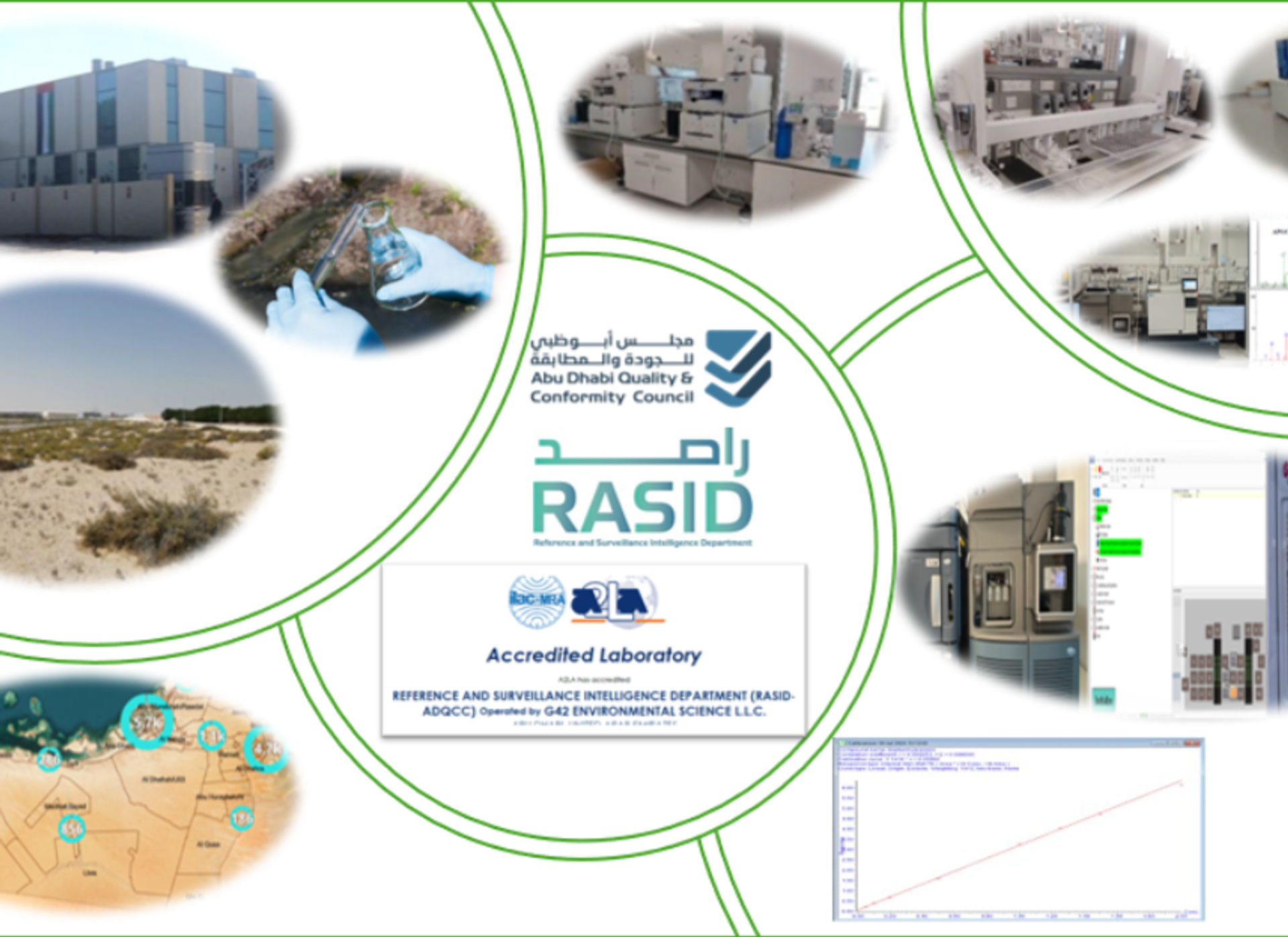
Leading the way in systematic wastewater surveillance
Inside RASID, a number of state-of-the-art analytical instruments, automated sample-handling robots, AI-powered software, and a team of more than 40 expertly trained staff, provide the capability to analyze over 100 wastewater samples each day, monitoring more than 400 microbial and chemical targets.
According to Dr. Wael Elamin, Medical Director at M42 Healthcare, the lab serves three key purposes. “First, it supports public health and environmental agencies by providing deeper insights into the upstream and downstream impacts of wastewater contaminants, both biological and chemical. Second, it safeguards human and environmental health by detecting harmful pathogens, chemicals, and pollutants that may pose risks. And third, it establishes a sentinel observatory laboratory dedicated to monitoring biological and chemical threats to public health.”
Since January 2023 until February 2025, about 50,000 wastewater samples were tested from various locations in Abu Dhabi, Al Ain, and Al Dhafra for more than 400 targets.
Samara Bin Salem Director of Technical Affairs, Abu Dhabi Quality and Conformity Council (ADQCC)
Bin Salem continues, “these targets include numerous viruses, bacteria, parasites, and fungal species, as well as chemical contaminants like volatile and semi-volatile organic compounds (SVOCs), illicit drugs, pharmaceutical and personal care products (PPCPs), steroids and hormones, metals, and radioactive materials.”
Samara Bin Salem also highlights the role WBE can play in tackling antimicrobial resistance (AMR) – one of the most pressing global health threats of the 21st century recognized by the World Health Organization (WHO). “AMR poses a growing challenge to public health, limiting the effectiveness of treatments and leading to severe consequences worldwide,”
“We understand that WBE is a great tool that can provide evidence for existing data gaps, helping to expand our understanding of this threat and support targeted interventions. We aim to create a proactive approach to safeguard the health of nationals and residents of the United Arab Emirates by mitigating outbreaks before they escalate,” she adds.
Building out the lab
The value of WBE is widely recognized, and it has already been adopted as a surveillance tool in over 70 countries and at more than 4,000 sites worldwide. However, traditional wastewater analysis methods often face significant limitations due to large sample volumes (ranging from 250 mL to 1000 mL), lengthy extraction processes, and high solvent usage, which result in low throughput and increased workforce requirements. During the development of RASID, it became clear that these traditional approaches were insufficient to achieve the desired throughput.
The most sensitive, latest, and advanced analytical equipment’s were selected, along with automated systems such as robotic sample preparators and handlers, to meet the requirements of high-throughput analysis.
Dr. Grzegorz Brudecki Associate Director, M42 Healthcare
“In a brief time after the instrument installation, the highly skilled workforce at the laboratory managed to develop and validate all method SOPs with satisfactory results in the participated and available Proficiency Testing programs. The laboratory successfully completed an assessment based on the testing laboratory requirements of ISO/IEC 17025:2017, conducted by the American Association for Laboratory Accreditation, and was awarded accreditation in January 2025,” he adds.
Selecting the right equipment played a crucial role in the lab’s successful establishment. “Our team collaborated with various vendors to develop chromatographic methods and optimize extraction protocols for more than 320 targets from chemical testing parameters,” explains Bhaskar Karubothula, Senior Scientist and Acting Lead for Organic Chemistry lab. “We rigorously evaluated vendors based on key criteria such as instrument quality, sensitivity, local presence, and service support. Finally, the performance of the selected methods and instruments was validated using real wastewater samples spiked with target analytes."
For targeted analysis using LC-MS/MS, the team chose the Waters ACQUITY UPLC® I-Class PLUS paired with the Xevo TQ-XS system as their platform of choice, integrating it with automated solid-phase extraction (SPE) for sample preparation. The ACQUITY UPLC I-Class PLUS system, coupled with the Xevo TQ-XS mass spectrometer, offers several key advantages for this work, including a linear dynamic range spanning six orders of magnitude, soft ionization modes, and RADAR technology, which enables simultaneous collection of full-scan MS and MRM data.
“RADAR helped us identify matrix interferences and optimize the methods for higher recoveries, while we applied soft ionization to minimize in-source fragmentation and improve accuracy for steroids and hormones, which are susceptible to precursor ion instability,” explains Bhaskar K. “As a result, we successfully developed three SPE extraction protocols for 123 illicit drugs, 69 PPCPs, and 27 steroids & hormones using robotic automation. All methods were fully validated in accordance with regulatory standards, allowing us to accurately report results for 100 wastewater samples daily.”
With this instrument configuration and 96-well plate SPE protocols for automated extraction, we can process up to 100 wastewater samples in 48 hours for 219 compounds including Illicit drugs, PPCPs and Steroids and Hormones targets.
Bhaskar Karubothula, Senior Scientist, Organic Chemistry
The team is also leveraging the Waters Xevo TQ-XS for atmospheric pressure gas chromatography (APGC) mass spectrometry to analyze semi volatile organic compounds (SVOCs). “We’re employing APGC-MS/MS with a dual-head robotic tool-change prep-and-load autosampler, equipped with modules for fully automated SPME-arrow-based sample extraction and injection,” explains Dnyaneshwar Shinde, Senior Scientist, Organic Chemistry.
“This novel setup combines an automated, modular sample preparation system with the highest sensitivity and selectivity mass spectrometer coupled with gas chromatography. We have successfully validated an analytical method for analysis of 66 SVOCs and confirmed its accuracy through participation in international Proficiency Testing (PT) programs," he concludes.
The novel work on APGC-MS/MS with Automated SPME Arrow has been presented in different sessions at various conferences, including the Society of Environmental Toxicology and Chemistry (SETAC Europe 34th Annual Meeting – Seville, Spain), 34th International Symposium on Chromatography (ISC 2024 – Liverpool, UK), and DIFSC 2024 – Dubai, UAE.
A recently published research article from the RASID laboratory in Journal of Chromatography A*, presents an alternative protocol to complex conventional methods. The proposed approach received high ratings in greenness evaluations using the Analytical Eco-Scale (AES) and Green Analytical Procedure Index (GAPI), and demonstrated superior practicability, as reflected in its impressive score on the Blue Applicability Grade Index (BAGI).
Dnyaneshwar Shinde Senior Scientist, Organic Chemistry
Taking an untargeted approach
In addition to targeted analysis, the lab is also performing untargeted toxicology screening using high-resolution mass spectrometry and a library of 1981 validated analytes. Here, the team is utilizing Waters’ ACQUITY UPLC® H-Class PLUS System, integrated with a Xevo G2-XS QTof mass spectrometer and waters_connect software.
“The UPLC H-Class Plus system provides precise and accurate separations, while using Acquity HSS C18 columns enhances the retention and separation of both polar and non-polar compounds, resulting in excellent peak shape and resolution,” says Raghu Tadala, a fellow senior scientist in the lab. “Waters_connect software streamlines data management and analysis, while the Toxicology Screening Solution, with its extensive toxicology library, supports the reliable identification of both known and unknown compounds, including challenging isomers.”
Raghu Tadala is also quick to point out that Waters has played a crucial role in the development of RASID’s chemical analysis capabilities, offering not only advanced instruments but also invaluable support. "Support from the regional Waters application team, their ongoing assistance, including comprehensive training sessions and prompt troubleshooting, has been instrumental in optimizing our workflows and ensuring the accuracy of results,” he shares.
Waters has played an important role in the development of RASID’s chemical analysis capabilities, offering not only advanced instruments but also invaluable continuous support.
Raghu Tadala, Senior Scientist at RASID Laboratory
Microbiology and pathogen surveillance
Alongside its targeted and untargeted chemical analysis workflows, the lab employs state-of-the-art microbiology technologies, including automated specimen processors, robotic liquid handling systems for viral, bacterial, and parasitic extraction and PCR, and MALDI systems for rapid microbial identification.
The technology we use plays a crucial role in safeguarding public health and protecting the environment by enabling the early detection of microbial pathogens and environmental contaminants, which results in timely decision-making regarding public health interventions.
Sumayya Almansoori Laboratory technologist, RASID’s microbiology department
“Unlike traditional biochemical tests, MALDI-TOF enables rapid and accurate identification of microbes, significantly reducing the time required for pathogen detection. Moreover, the automated sample inoculation robot streamlines sample processing, enhances efficiency and consistency in handling large volumes of samples. This automation streamlines our workflow, minimizes human error, and allows us to focus more on data analysis and interpretation. Lastly, all-in-one and easy-to-use liquid handling workstations are useful in the extraction and PCR of viruses, bacteria, and parasites, facilitating the detection of multiple pathogens in a single run," she explains.
The future of wastewater analysis
The RASID laboratory sets a precedent for leveraging the potential of wastewater surveillance for public health monitoring and the detection of environmental contamination. Looking ahead, Samara Bin Salem, Dr. Wael Elamin, and Dr. Grzegorz Brudecki believe their approach has the potential to be implemented in other parts of the world where conventional methods are still practiced. However, for WBE to realize its full potential, they stress that robust policies and regulatory frameworks must be established to ensure continuous monitoring and timely actions based on the findings.
In the meantime, advancements in analytical science, such as the increased accuracy and sensitivity of next-generation sequencing and mass spectrometry, will continue to enhance the detection of pathogens, chemicals, and biological markers.
Dr. Wael Elamin Consultant clinical microbiologist
These developments, coupled with the growing momentum of WBE worldwide, are setting the stage for even more comprehensive and effective environmental and public health monitoring in the not-so-distant future.
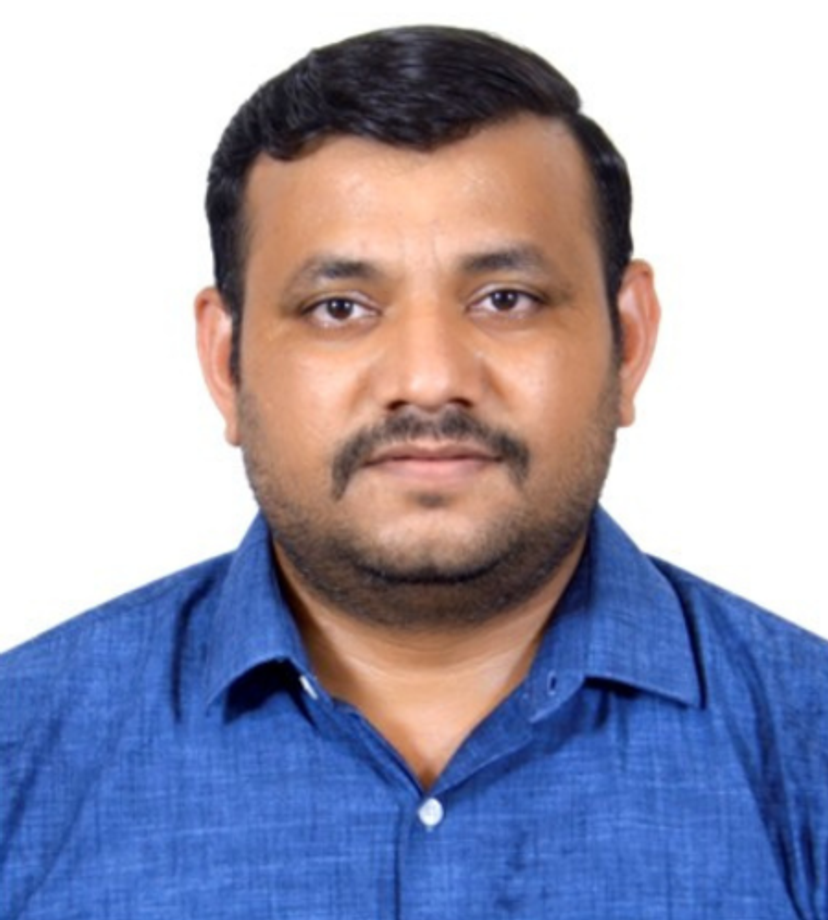
Dnyaneshwar Shinde is a Senior Scientist in Organic Chemistry at the RASID Laboratory of M42 Healthcare and ADQCC, UAE. With about 10 years of experience in ISO-accredited laboratories, he specializes in developing and validating analytical methods for food authenticity and chemical contaminant testing using Mass Spectrometry with GC and LC. He holds an M. Tech and a Postgraduate Diploma in Food Safety and Quality Management and has received multiple awards for his research publications.
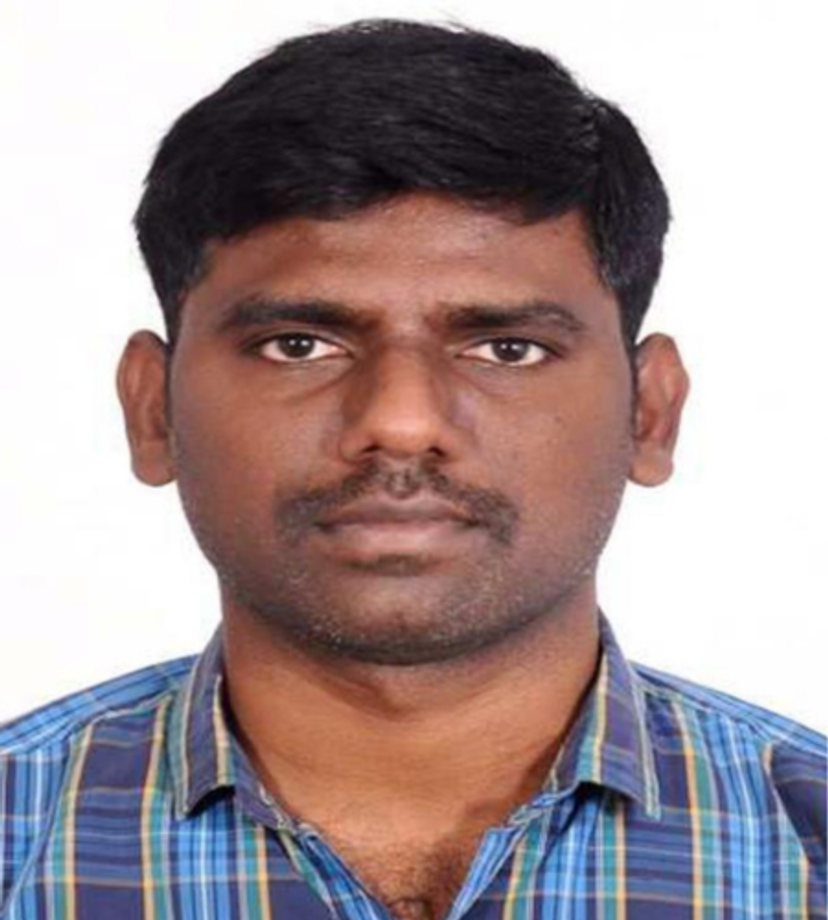
Bhaskar Karubothula is a Senior Scientist and Acting Lead for Organic Chemistry at the RASID Laboratory of M42 Healthcare and ADQCC, UAE. Holding a master’s degree in pharmacy with a specialization in Phytochemistry, he has over 15 years of expertise in bioanalysis, foodomics, environmental analysis, and impurity profiling. His work focuses on developing and validating analytical methods using LC-MS/MS, HRMS, and GC-MS, as well as managing regulatory compliance and technology transfer.
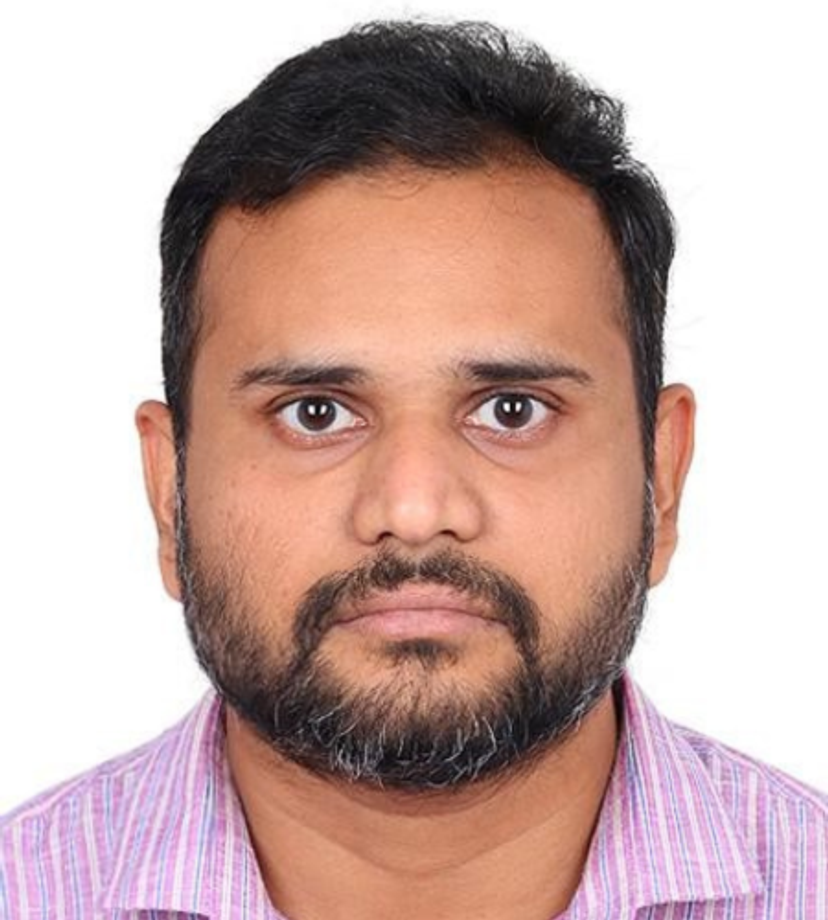
Raghu Tadala is a Senior Scientist in Organic Chemistry at the RASID Laboratory of M42 Healthcare and ADQCC, UAE, with over 13 years of experience in High-Resolution Mass Spectrometry. He specializes in small and large molecule analysis, with a focus on toxicology screening of wastewater for pharmaceuticals and controlled substances. His expertise includes biopharmaceutical characterization, proteomics, and metabolomics, utilizing advanced mass spectrometry technologies.
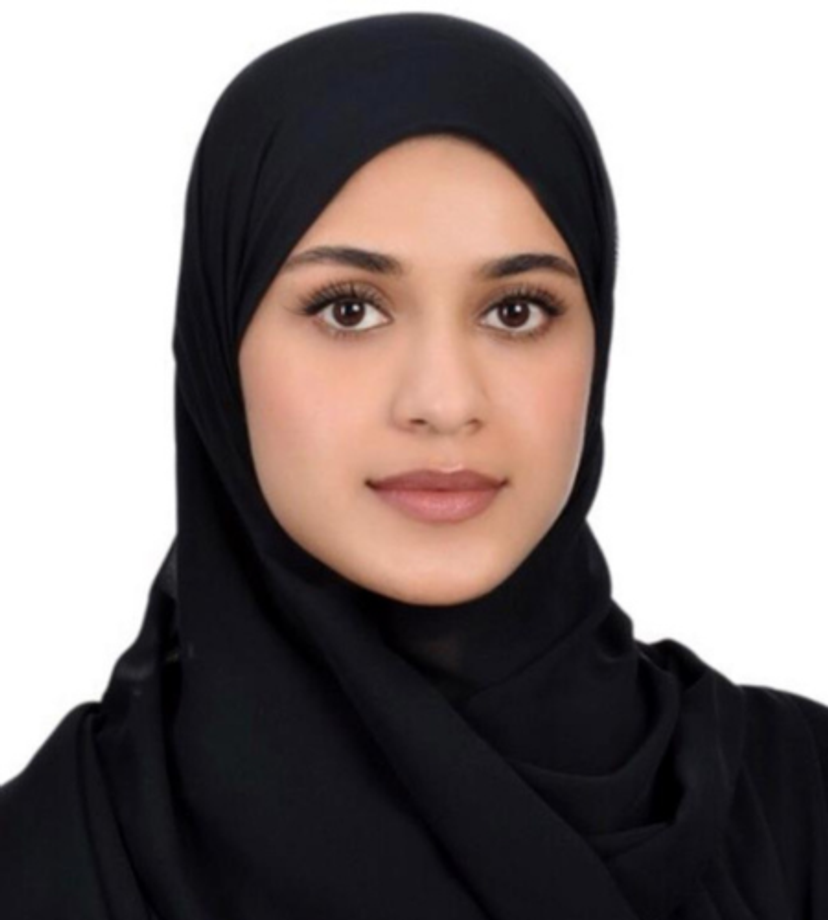
Sumayya Almansoori is a Laboratory Technologist in the Microbiology section at the RASID Laboratory of M42 Healthcare and ADQCC, Abu Dhabi. She holds a BSc in Biochemistry and is pursuing further studies in Environmental Sciences and Sustainability. Her expertise includes environmental sample analysis, microbial identification, antimicrobial susceptibility testing, and quality control procedures.
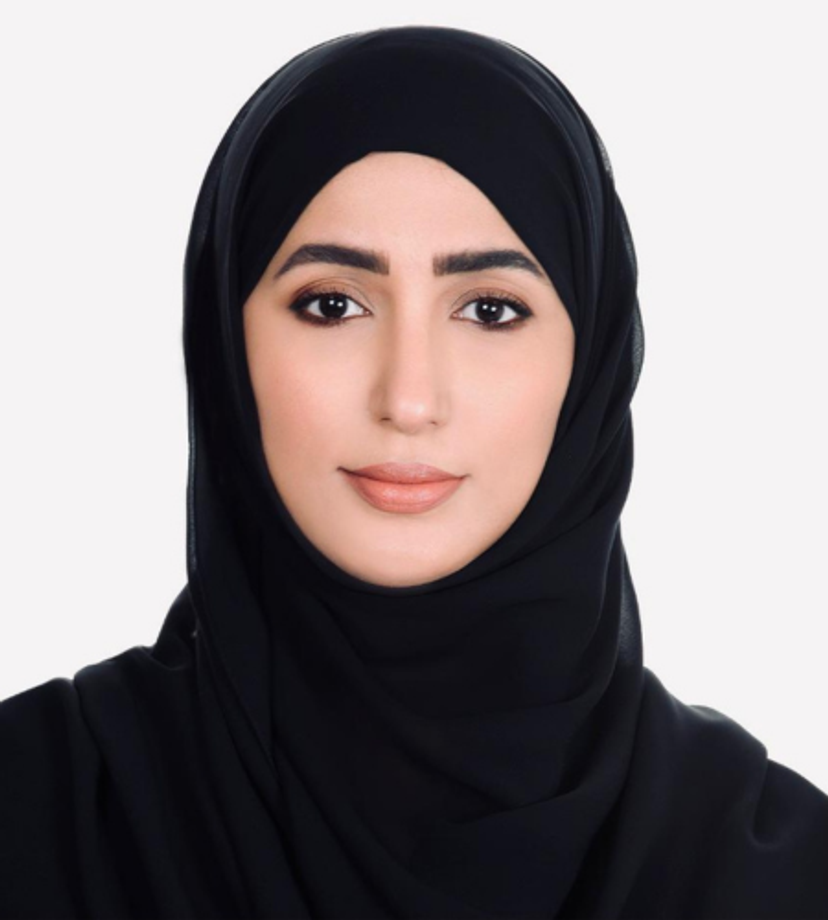
Samara Bin Salem is the Director of Technical Affairs at ADQCC with over 17 years of experience in microbiology and public health. She leads key initiatives and projects in labs, outbreak investigation, wastewater-based epidemiology, overseeing partnership between QCC and M42 Healthcare, leading the Reference Wastewater Monitoring Laboratory project (RASID). In her role, she drives strategic planning, innovation and operational excellence. She also plays a pivotal role in managing and strengthening collaborations, fostering partnerships that enhance public health surveillance and safety standards in UAE.
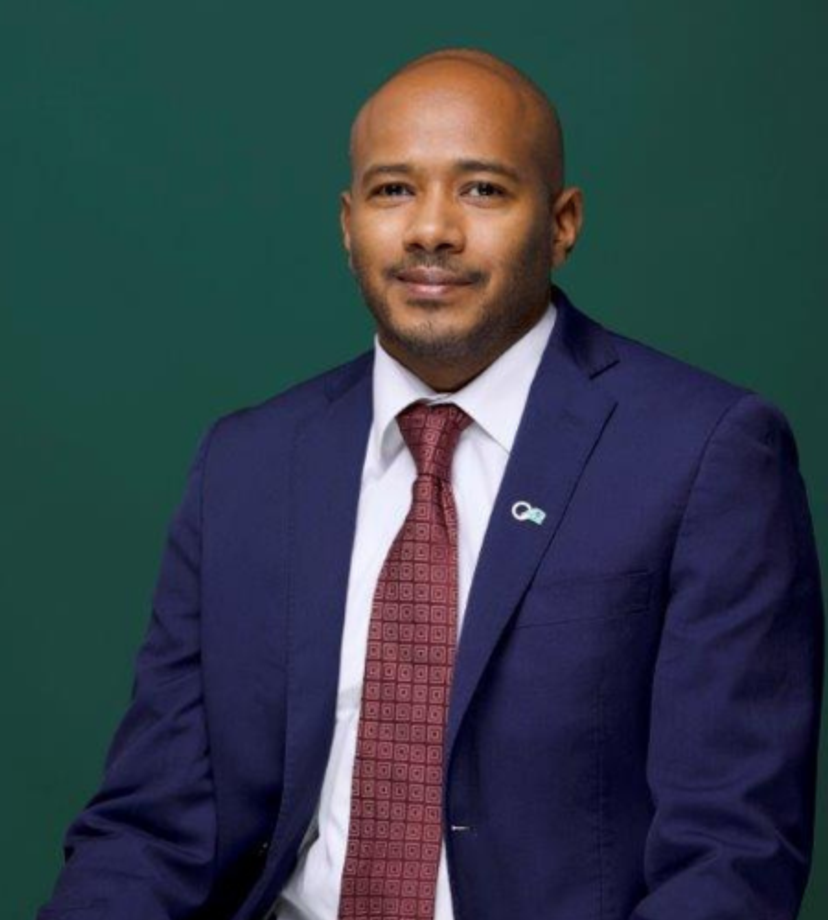
Dr. Wael Elamin is a consultant clinical microbiologist and infection control expert with experience in the UK and UAE. A fellow of the Royal Colleges of Pathologists and Physicians, he has led initiatives in antimicrobial stewardship, outbreak investigations, and pathology services. He has published widely on antimicrobial resistance and infectious diseases and currently serves as Medical Director at M42 Healthcare, spearheading innovative technology projects in microbiology and AI-driven health solutions.
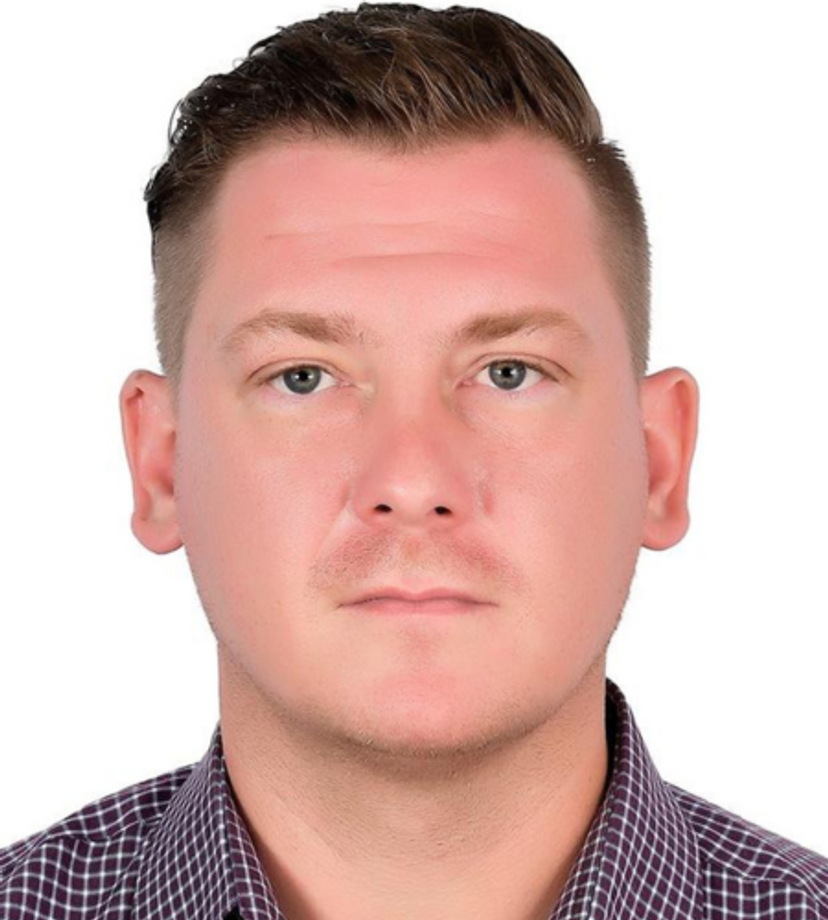
Dr. Grzegorz Brudecki is a chemist and biochemist with 20 years of experience in analytical chemistry and laboratory development. He has established testing laboratories in both public and private sectors and has worked extensively with advanced analytical instruments such as LC-MS, GC-MS, and HRMS. He played a key role in launching the world’s first dedicated wastewater surveillance lab for chemicals, microbes, and radiation. His academic background includes an MSc in Chemical Organic Technology, an MSc in Industrial Biotechnology, and a PhD in Biosystems Engineering.
References:
* Shinde, D. et al. (2025) ‘Introduction of a small volume ethyl acetate based liquid-liquid extraction procedure for analysis of polycyclic aromatic hydrocarbons in wastewater by atmospheric pressure gas chromatography-mass spectrometry and evaluation of Method Greenness’, Journal of Chromatography A, 1740, p. 465563. doi:10.1016/j.chroma.2024.465563.

